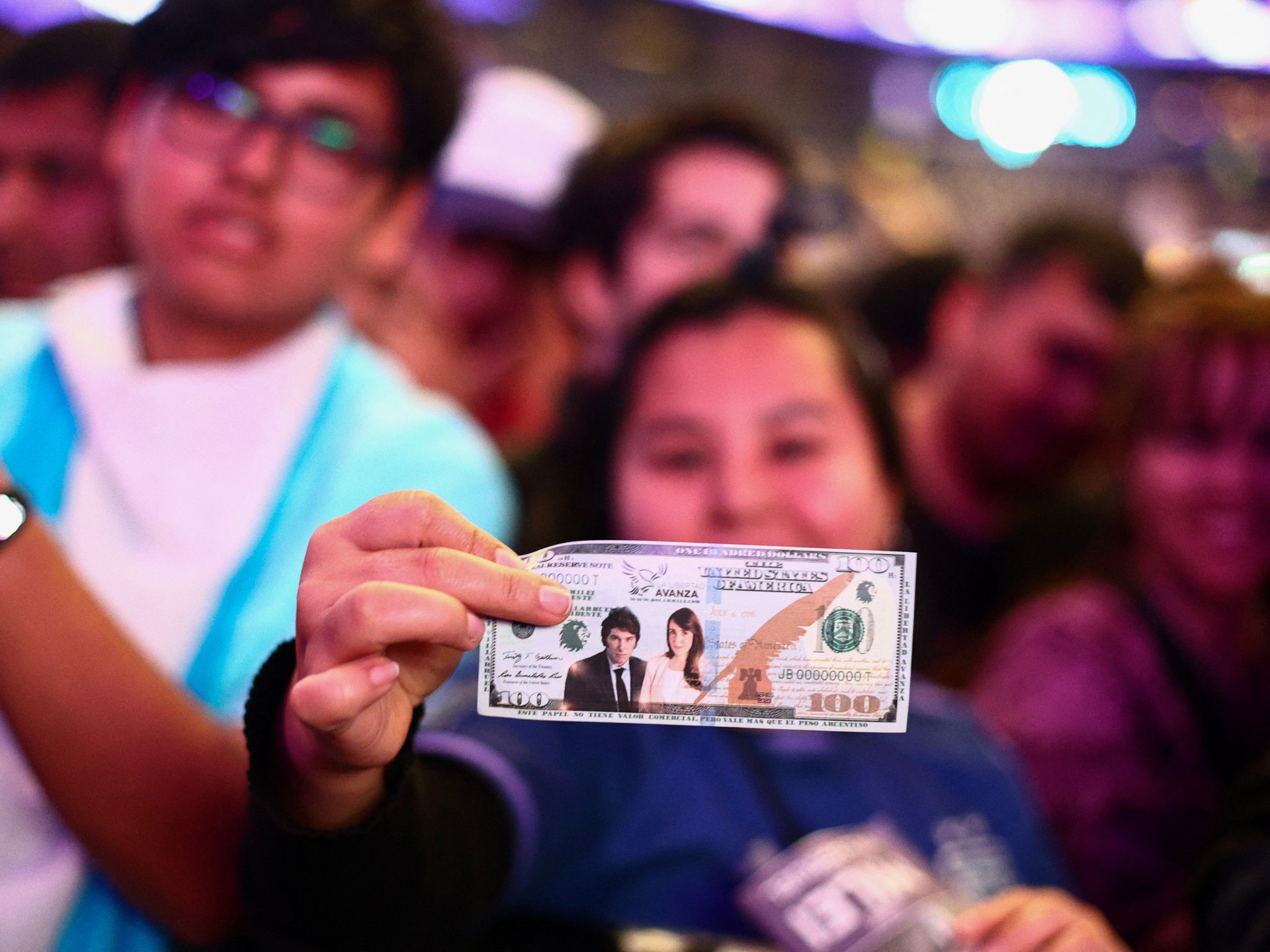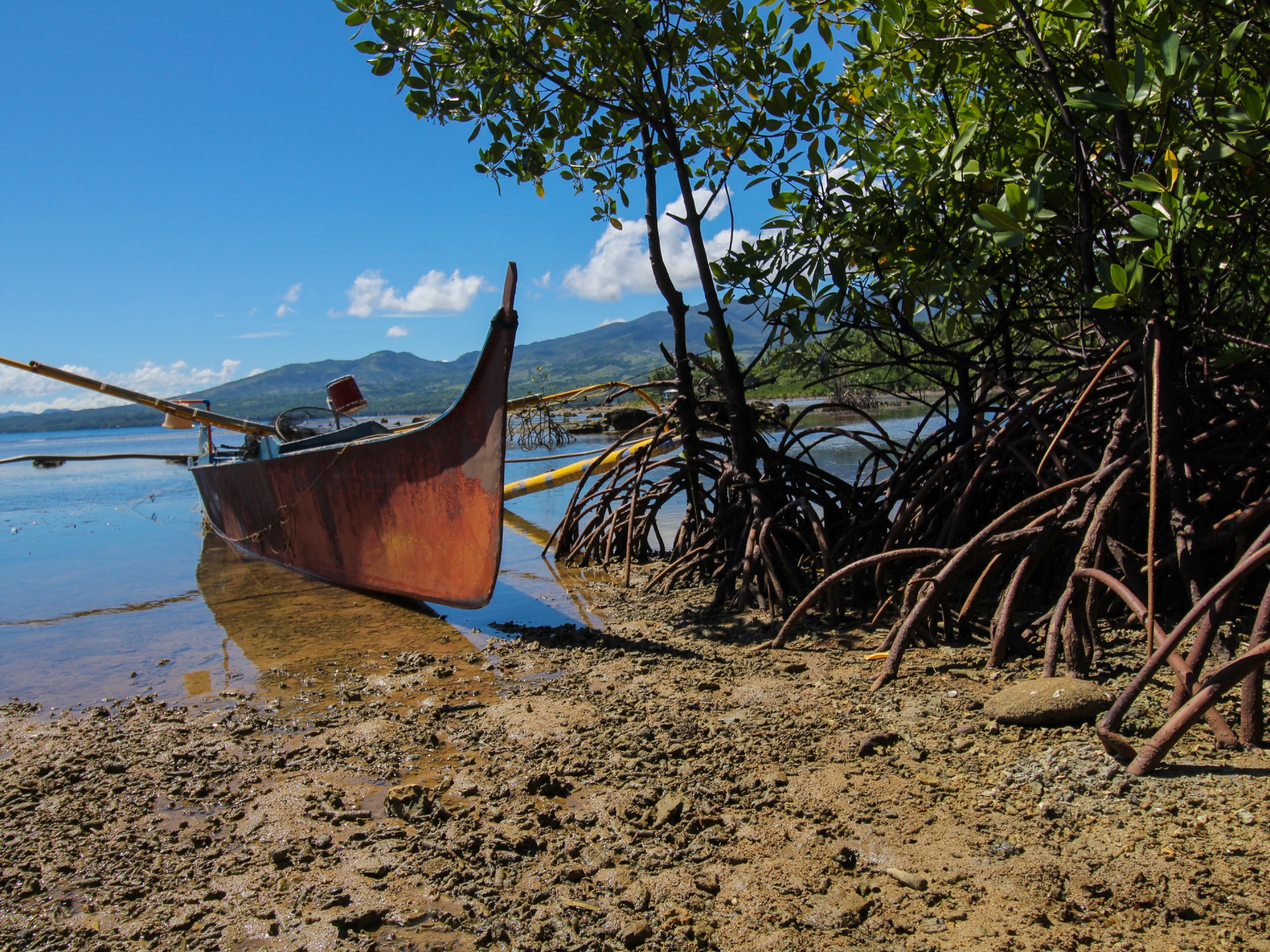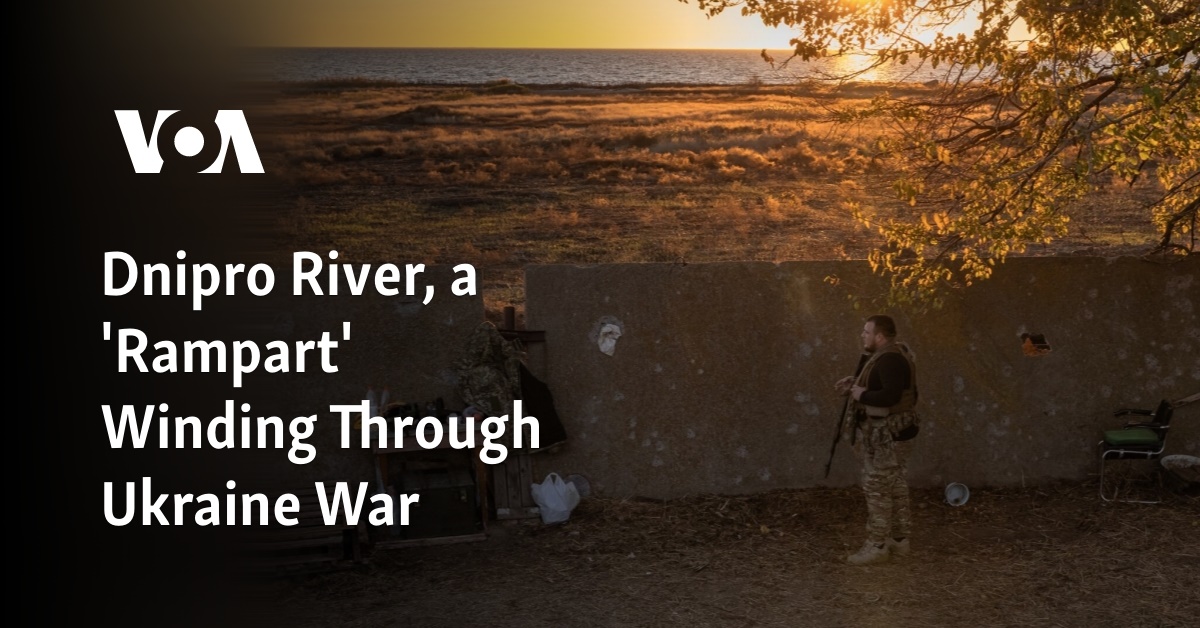
DAVOS, Switzerland (AP) — The earth is heating up, and so is the conflict in the Middle East. The global economy and Ukraine’s defense against Russia are stalling. Artificial intelligence could turn all of our lives upside down.
The to-do list of global priorities has grown for this year’s edition of the World Economic Forum, where business, political and other elites will gather in the Alpine snows of Davos, Switzerland. It really starts on Tuesday and lasts until Friday.
Over 60 heads of state and government, including Israeli President Isaac Herzog and Ukrainian President Volodymyr Zelensky, will travel to the city for both public appearances and closed-door talks. You will be among more than 2,800 participants, including academics, artists and leaders of international organizations.
The meeting is all about big ambitions – think business innovation, peace and security cooperation goals, or life-changing improvements in healthcare – and is a meeting place for decision-makers from a range of sectors and industries to network.
It is also regularly branded by critics as a symbol of the gaping gap between rich and poor: Young Swiss socialists staged a rally on Sunday to denigrate the forum, labeling participants as “the richest and most powerful, those responsible for today’s wars and crises “are” to be branded. ”
“Davos is easy to mock. But in this day and age, it is difficult to bring people together to talk in a room about shared global issues, and the value of face-to-face conversations is very real, as the COVID-19 pandemic has shown,” said Bronwen Maddox, director of the Chatham The House of Representatives think tank said in an email.
Here’s what you should pay attention to at the annual meeting in Davos:
UNtidy Middle East
While Davos generally focuses on the big picture, regional conflicts can cast a long shadow – like the war in Ukraine a year ago, which led organizers to exclude any Russian delegation.
This year, the focus is on Israel’s three-month war with Hamas in Gaza, as well as US and British airstrikes on Houthi fighters in Yemen who have fired rockets at Red Sea shipping lanes.
Herzog, the Israeli president whose job is more ceremonial than that of Prime Minister Benjamin Netanyahu, will be present at a meeting in Davos on Thursday, and the prime ministers of Qatar, Jordan and Lebanon will also be there.
A “Humanitarian Briefing on Gaza” meeting will be scheduled for half an hour on Tuesday.
WHERE AI GOES?
The topic of artificial intelligence “as a driving force for the economy and society” will be covered in around 30 separate sessions, showing how much attention the technology has received in Davos.
The dizzying emergence of OpenAI’s ChatGPT over a year ago and its competitors since then has brought the power, promise and portent of artificial intelligence into the public eye. OpenAI boss Sam Altman will be in Davos alongside top executives from Microsoft, which has helped finance his company’s rise.
AI in education, transparency about the technology, its ethics and its impact on creativity are on the menu – and the Davos promenade is full of advertising and displays highlighting the new technology.
Forum organizers warned last week that the threat of AI-generated misinformation, such as through the creation of synthetic content, was the biggest near-term threat worldwide.
AND WHERE DO DEMOCRACES GO?
Such misinformation could increase this year, with a session examining the threat to democracies from “bots and conspiracies.”
Forum organizers expect that this year will see elections in countries with a combined population of 4.2 billion people, many of which will be contested. (Few doubt that Russian President Vladimir Putin will get a new term.)
This is happening against the background of the discussion about a new Cold War, the increasing gap between dictatorships – or at least autocracies – and democratic countries.
Back-to-back speeches by Chinese Premier Li Qiang and European Commission President Ursula von der Leyen on Tuesday will highlight the contrast. President Joe Biden’s national security adviser, Jake Sullivan, will speak later in the day.
French President Emmanuel Macron and U.S. Secretary of State Antony Blinken will speak on Wednesday, as will new Argentine President Javier Milei, a libertarian who has already announced plans to cut government staff.
There was already considerable discussion in Davos about whether former US President Donald Trump – who made two trips to Davos during his term in office – could be inaugurated again this time next year following the outcome of the November election.
Biden was once a regular at Davos, but was not there as president.
I’m trying to save the planet again
Of all the high hopes at Davos lately, the search for creative and promising ways to combat climate change has been the most consistent.
This year is no different: Top climate scientists from around the world reported this month that global average temperatures shattered last year’s record highs – adding to the urgency.
John Kerry, who is stepping down as Biden’s climate adviser, takes part in a panel discussion about a U.S.-backed initiative aimed at involving the private sector in the development of low-carbon technologies.
“On climate, I would like the WEF annual meeting to show that we have some concrete building blocks in the works to restore confidence,” said Arunabha Ghosh, CEO of the Council on Energy, Environment and Water, an Indian think tank.
Ghosh, who is expected to chair a panel on Wednesday that will also include Kerry, pointed to the need for investment to flow to the global south “where the action to combat climate change is happening” and for emerging and developing countries to become more globalized must value chains.
He also suggested that richer countries should avoid protectionist impulses that could lock out developing countries.
“If we use climate change to raise protectionist barriers, I think we have another reason for the loss of trust,” Ghosh said.






Recent Comments